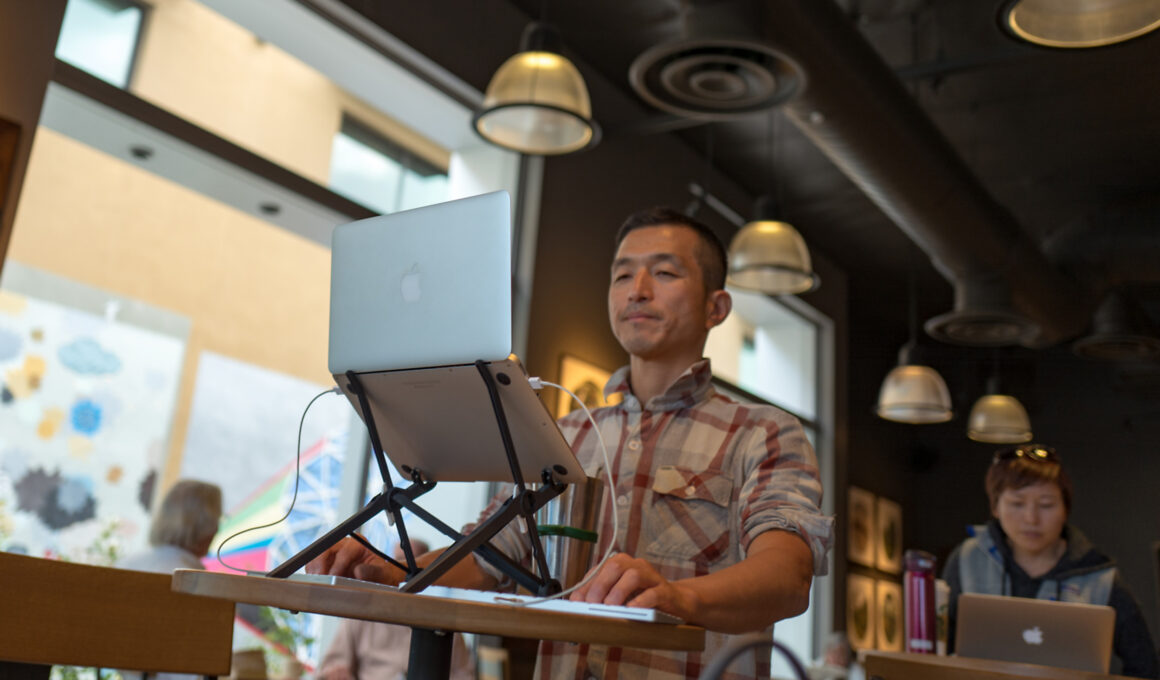A new report revealed the best countries for work-life balance, and the United States landed near the bottom of the list.
Remote’s Global Life-Work Balance Index 2024 ranked countries based on several workplace factors, like statutory annual leave, paid maternity leave and average hours worked per employee.
The United States ranked 55th of 60 countries, placing it near bottom. The U.S. score was 31.82 of 100, a massive 49 points behind New Zealand, which took the top spot.
The following countries were in the top 10 in the study:
- New Zealand 80.76
- Ireland 77.89
- Belgium 73.45
- Denmark 73.45
- Canada 72.75
- Germany 71.84
- Finland 71.55
- Australia 71.35
- Norway 70.85
- Spain 70.6.
“The U.S. ranks low on this list because of its entrenched capitalist framework prioritizing profit over people,” HR consultant Bryan Driscoll told Newsweek. “Unlike top-ranking countries, the U.S. lacks robust labor protections, paid leave and reasonable working hours, leading to overwork and poor mental health.”
The report attributed the low score to the United States’ “restrictive” workplace policies and low safety score.
New Zealand, meanwhile, boasts a laid-back working culture as well as a high minimum wage. The country was also notable for its annual leave entitlement of 32 days and a high score for happiness and safety.
The next country on the list, Ireland, has a universal government-funded health care system and a strong minimum wage.
“The global perception of the Irish is that they tend to be warm, friendly and casual, and this attitude generally extends to the workplace,” the report said. “Hierarchy is not typically seen as overly important, and it’s common for work colleagues to socialize together. Family values also play an important role in Irish culture.”
Belgium and Denmark tied for the third spot for slightly different reasons.
While Belgium made a major update to its sickness policy, the country generally engages in a “work to live” mantra, the report said. It also saw a strong rate of pay, and the average hours worked per week is only 35.
Denmark, meanwhile, likely lends its score to its ranking as the second-happiest nation in the World Happiness Report. And further data from the Organisation for Economic Co-operation and Development revealed only 2 percent of Danish people worked “very long hours.” Its statutory annual leave is set at 35 days, and Denmark is also routinely placed as one of the safest places to live.
Canada, which was next in the top 10, had one of the shortest average working weeks at 32.1 hours. It’s also seen as one of the safest and most LGBTQ+ friendly countries.
Canadians are well ahead of their neighbors in the U.S. (with whom they share the world’s longest international border) in terms of their attitude toward work, with Canadian working culture tending to be professional but inclusive, the report said.
The only countries in the index that were ranked lower than the United States in terms of work-life balance were Turkey, Iraq, Ethiopia, the Philippines and Nigeria.
“The implications of good work life balance are profound,” Driscoll said. “For companies, it means higher productivity, lower turnover and better employee morale, all of which is backed by countless studies.”
Uncommon Knowledge
Newsweek is committed to challenging conventional wisdom and finding connections in the search for common ground.
Newsweek is committed to challenging conventional wisdom and finding connections in the search for common ground.







